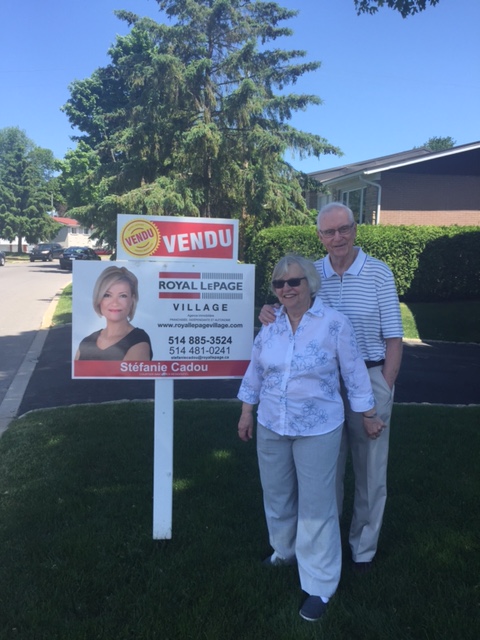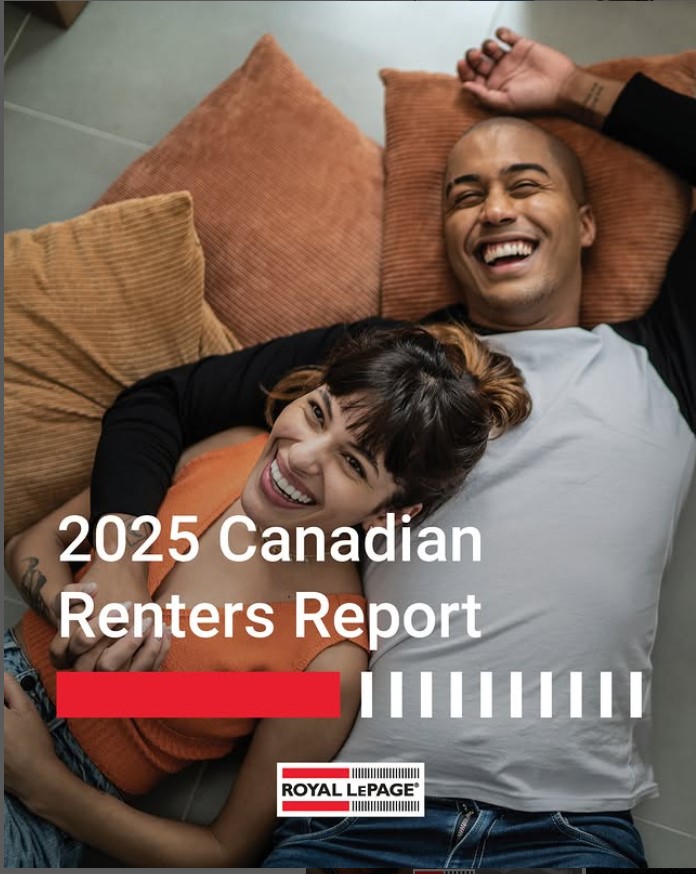
Marie Eve Fournier :Actual News Magazine November 27, 2023
The idea that when you retire you will rush to sell your house that has become too big and requires too much maintenance is just a pipe dream. The vast majority of seniors choose to age in place for as long as possible, until their children eventually step in or their health forces them to move for care.
Real estate broker Stéfanie Cadou is very well placed to know this. She specializes in “seniors in transition”. Its clientele is made up of 98% elderly people who are selling their homes, a very stressful stage of their lives. Psychologists compare moving to bereavement and job loss, even among 35-year-olds…
Most of the time, seniors who put their house up for sale have lived there almost their entire adult life, for 40 or 50 years, they raised their children there, and accumulated tons of things and memories. Leaving therefore becomes an ordeal as difficult emotionally as it is physically, the broker from Royal LePage Village in Montreal told me. “Unfortunately, this causes people to postpone moving. »
Stéfanie Cadou uses the word “unfortunately” because she sees clearly that the fear of changing one’s living environment, as legitimate as it may be, ends up harming the health of seniors. Falls are very common in homes with stairs and bathrooms that are more or less well adapted to the loss of physical abilities. The average age of its customers is close to 85 years old.
Real estate broker Stéfanie Cadou from Royal LePage Village, in Montreal
The elders stretch the elastic as much as possible, and this is normal. In the majority of cases, it is their children who take the steps to sell the family home and manage the laborious pruning process.
The Canada Mortgage and Housing Corporation (CMHC) recently became interested in the behavior of seniors in the real estate market. Her data goes exactly in the same direction as Stéfanie Cadou’s observations in the field: a “large proportion of elderly households” prefer to age in their house rather than sell it. The attraction for condos and the rental market does exist, but it is “very limited”.
Let’s look at the numbers.
In 2016, almost 467,000 households aged 75 to 79 owned property in Canada. Five years later, this group, now aged 80 to 84, owned 366,000 homes. These approximately 100,000 sales mean that one in five households in this cohort have sold. This is little. The “sales rate”, to use CMHC’s expression, climbs to 93.5%… but only among 95 to 99 year olds!
In other words, the paid-off house is far from being the equivalent of a retirement plan from which one draws income from the age of sixty. In reality, very few households sell their property to live off the proceeds of the sale.
This is in no way surprising, from my point of view, because you have to find somewhere to relocate, and no option is perfect.
Condos come with monthly fees, transfer taxes (the “welcome tax”), school and municipal taxes, special contributions for major work in certain cases and more responsibilities. Given the current high price of condos, staying in your paid-up home may be more economical unless you move to a less expensive market. For their part, housing represents risks of eviction and rent increases. As for RPAs, private residences for independent seniors, they are often perceived as depressing places rather than cruise ships, in addition to being particularly expensive.
Although the number of elderly people will jump in the coming years, we should not expect this to cause a wave of new homes on the market.
Seniors eventually move out, but at such an advanced age that the tsunami of properties for sale is far from imminent, warns CMHC. In short, young people should not count too much on this to see an increase in the supply of houses in the coming years which could cause a decrease in prices.
This is all the more true as increasing life expectancy constantly pushes back the time when seniors decide to sell their homes. Improving health is another factor. Staying in shape longer allows you to maintain your home and land. It also turns out that baby boomers have greater financial assets than the previous generation, so they have less need to sell to fund their retirement.
Seniors who lack funds or who want to increase their income to travel can take out a reverse mortgage or take advantage of their mortgage margin. But these two methods of transforming your home into a retirement plan are not a panacea.
Source





